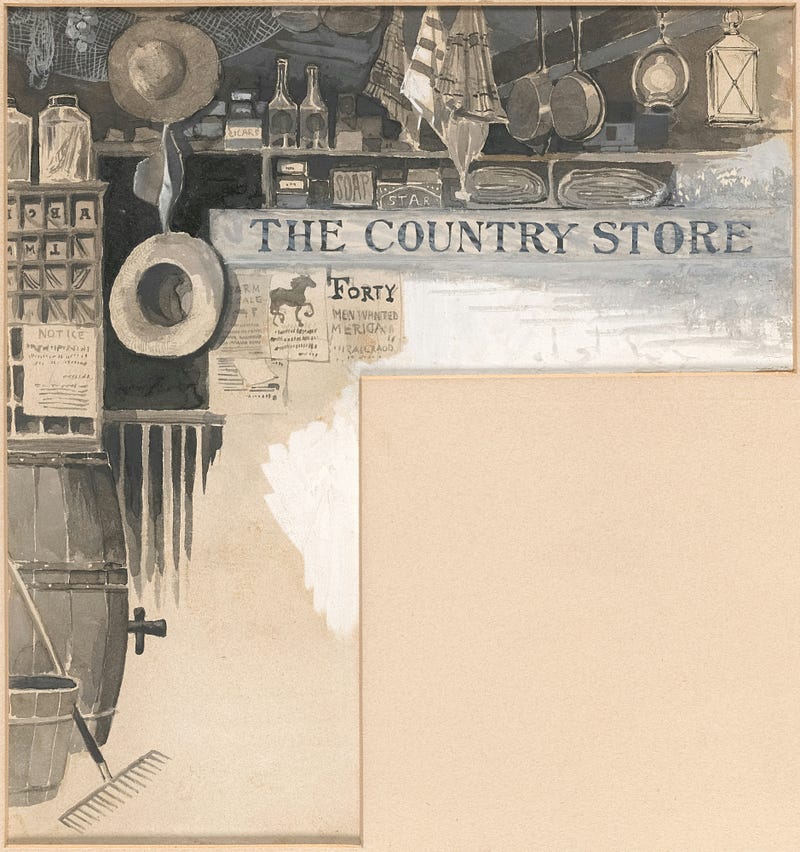A Discussion of Bourgeois Equality Chapter 46 “The Hostility was Ancient”
Dr. McCloskey continues her exploration of the negative attitude that has existed over time towards trading and profits started last chapter.
Trading and profit making and entrepreneurship and betterment have been more or less despised by the aristocracy in pastoral or agricultural societies, and by the neo-aristocratic clerisy in our industrial society. (p. 440)
Since it is a change in ideas that she argues enabled the Bourgeois Deal to take root, this ancient hostility that prevented it in earlier times could prevail again.
There is plenty of time for the Chinese to revert to ancient Confucian ideology and to kill, or at least sicken, the golden goose, as Argentinians did in the twentieth century and as crony capitalism has in Japan and as the habit of regulation and not-in-my-backyard threatens to do in the United States. (p. 441)
Hence the point of her book and my blogging on these chapters — it would be very easy to lose our standard of living. It would even be the historical norm to give into these bad ideas towards our trade-tested betterment system.
The History
She has previously shown a shift in attitude towards the bourgeois by looking at how language changed.
The word “honest” could only refer to the aristocracy in the sense of honorable or dignified. Only as time passed and the culture shifted towards appreciating the bourgeois business man did it take on our current day meaning of trustworthy that could be applied to all.
In this chapter, she explains that the Bourgeois Revaluation did not occur in Italy despite its centuries of being the center of trading because they held on to a class system that had esteem for the aristocrats and disdain for the merchants and traders. (p. 443)
As she has said in earlier chapters, trading has been around for as long as people have lived in groups. Yet people often disdained trading and traders as being greedy.
The Christian church contributed to a hostility to wealth and the practice of charging interest. McCloskey does not delve too deeply into this but it reminded me of a book I used in class, A Little History of Economics.
As an aside, if you want to know more economics without taking a class, just read this book. Much of the first 11 chapters is pre-Adam Smith so you will know more than most PhD economists since as a rule we do not study much history. The remaining 30 chapters will take you through all of the big topics.
And each of these chapters is short and easy to read — heartily recommend.
But back to the point here, in the early medieval period the Catholic church was hostile to amassing wealth and charging interest. (Chapter 3 of ALHE goes into more detail if you are interested.)
By the end of the medieval period, the thinking had changed. Wealth in and of itself was not a bad thing unless you let it take you away from God and begin to believe yourself a bit of a god. That’s the real message behind the story that it would be easier to put a camel through an eye of a needle than for a rich man to get into heaven.
If one amasses wealth, the teaching is to use that wealth to help others.
A rich man may enter the kingdom of heaven, if he is temperate in his pursuit and use of wealth. (p. 448)
As for charging interest, the thinking changed as there was a recognition of opportunity cost. When you lend your money to someone, you are giving up other things you could do with that money. The interest payment reflects that.
The official church teaching then changed to saying it was bad to charge too high of an interest rate, that is, usury.
Conclusion
Words matter is the main point of this chapter. If you can see in the writings of a culture a hostility towards merchants, thinking all profits are immoral, then it is going to be hard for a bourgeois-centered trade tested system of betterment to take root.
That merchants were not honored, and that the taking of interest was officially banned (but only officially), put hooks and chairs in the way of betterment…It is the problem — honest public discussion — to which the seventeenth and eighteenth centuries in northwestern Europe provided the solution. We have a similar disinclination even nowadays to discuss the good of a commercial culture. (p. 449)
Perhaps it is going a bit far to suggest the US does not appreciate “the good of a commercial culture,” but there are certainly many covetous voices criticizing it.
We should esteem the value of a hard day’s work at any job instead of seeming to approve of some jobs and looking down on others. From that kind of classism, it is an easy step back to an esteem for our neo-aristocrats and disdain for the bourgeois.
Reference: McCloskey, Deirdre Nansen, 2016. “The Hostility was Ancient,” Chapter 46 of Bourgeois Equality, The University of Chicago Press.




